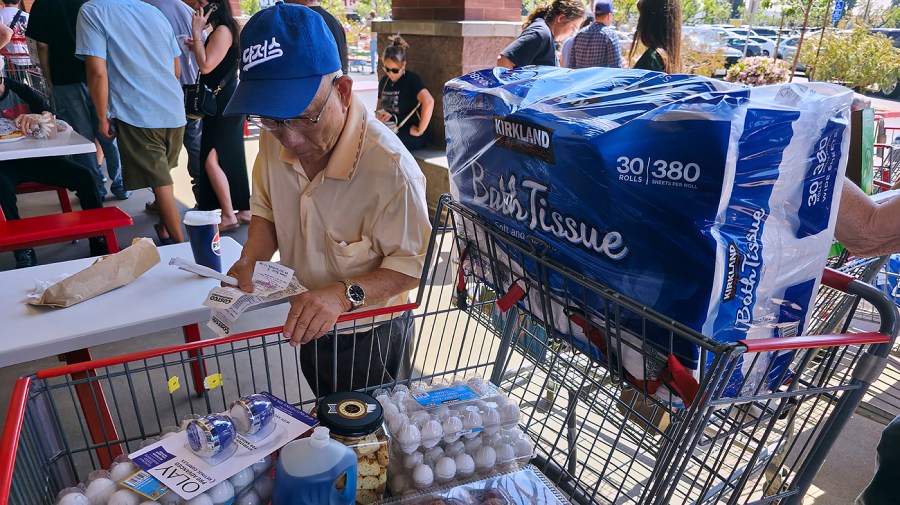The department wrote in an interim rule that the decline in immigrant labor will “exacerbate [an] already pressing mismatch in the agricultural labor market and deprive growers of a relatively cheaper labor supply on which they have become economically reliant.”
“Despite rising wages, there is no indication that unemployed or marginally attached U.S. workers are entering the agricultural labor force in meaningful numbers,” it adds. “Without swift action, agricultural employers will be unable to maintain operations, and the nation’s food supply will be at risk.”
The interim rule, which was first reported on by The American Prospect, suggests that unless the Labor Department “acts immediately to provide a source of stable and lawful labor, this threat will grow.” The department, in its Oct. 2 rule, proposed that pay be lowered for seasonal agricultural workers who hold H-2A visas.
Through the visa, agriculture workers are sponsored for residency by growers for a year, but lack bargaining rights and must accept a minimum wage set by federal guidance that doesn’t create an “adverse effect” on U.S. workers.
Almost 1 in 5 agricultural workers are on an H-2A visa, which is a nearly tenfold increase from 20 years ago, according to American Prospect.
Read more here.
